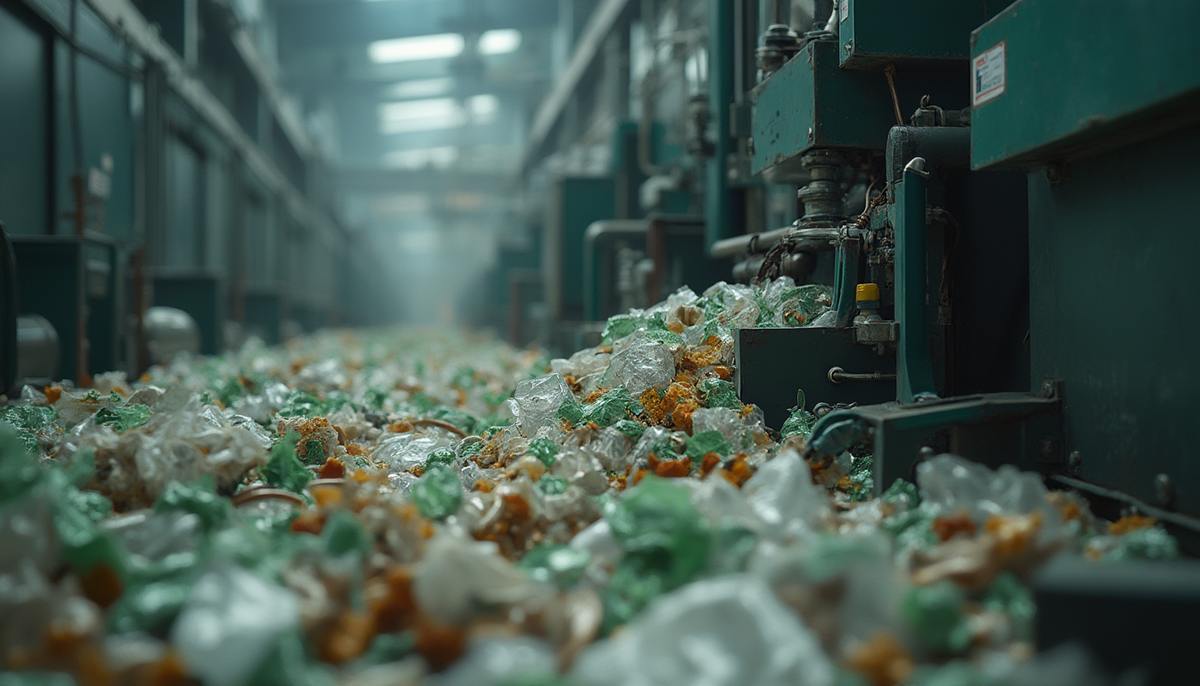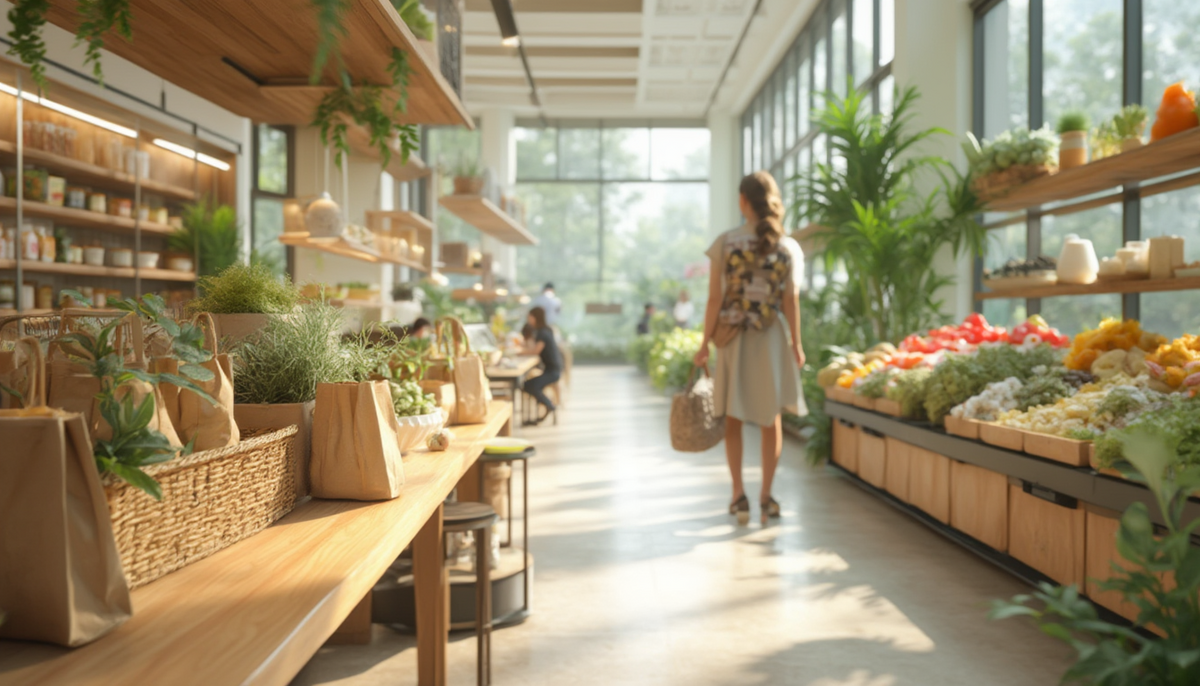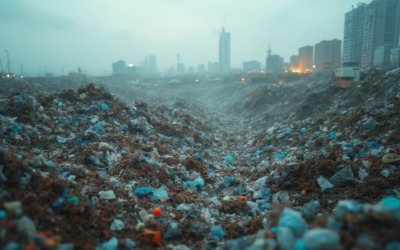With increasing environmental consciousness, biodegradable plastics are stepping up as a pivotal solution to the global plastic pollution crisis. This post explores the evolution, benefits, and practical applications of biodegradable plastics in our efforts to achieve a more sustainable future.
Key Takeaways
- Environmental Benefits: Biodegradable plastics can significantly reduce landfill waste and decrease ecological footprints.
- Technological Innovations: Advancements are making these plastics more viable and cost-effective.
- Industrial Applications: Numerous sectors are adopting biodegradable plastics to promote sustainability.
- Consumer Accessibility: Increasing availability and awareness can empower consumers to make greener choices.
- Regulatory Support: Governments worldwide are beginning to enforce policies that favor biodegradable alternatives.
Table of Contents
- Introduction
- The Environmental Benefits
- Challenges Faced
- Real-World Applications
- The Role of Consumers
- Conclusion
Introduction to Biodegradable Plastics
Biodegradable plastics are designed to break down naturally into harmless by-products through processes like composting and anaerobic digestion. The transition from traditional plastics to biodegradable alternatives signals a crucial shift in industrial and consumer practices towards sustainability.
The Environmental Benefits
Unlike conventional plastics that persist in the environment for centuries, biodegradable plastics offer a more eco-friendly lifecycle, reducing both waste and toxic emissions.

Lower Carbon Footprint
Biodegradable plastics often require less energy for production and dispose of, contributing to lower greenhouse gas emissions.
Reduced Landfill Impact
These materials decompose quicker than their synthetic counterparts, alleviating the growing pressure on landfill sites across the globe.
Challenges Faced
While biodegradable plastics present clear benefits, they also face significant challenges that include production costs, recycling complexities, and the need for appropriate composting facilities.

Real-World Applications
From packaging to automotive parts, biodegradable plastics are being integrated into various industries to promote circular economies and reduce environmental impacts.

The Role of Consumers
Consumers play a critical role in the adoption of biodegradable plastics. Increasing demand for sustainable products encourages businesses to transition to environmentally friendly practices.
Conclusion
Biodegradable plastics represent a promising part of sustainable materials solutions, blending innovation with environmental stewardship. As technology progresses and market acceptance grows, these materials are poised to become a cornerstone of ecological efforts worldwide.
Learn more about how you can support sustainable practices and advancements in biodegradable plastics by visiting our Knowledge Hub.
Ready to contribute to the change? Join Bhumi’s initiatives or donate to our cause at our donation page.




